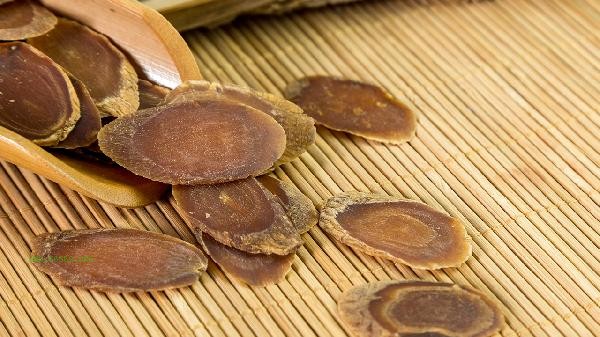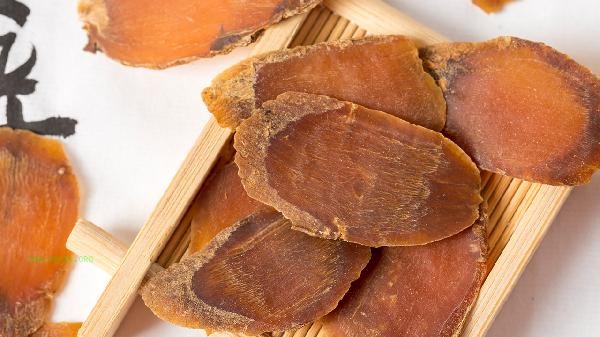Red ginseng is not suitable for all people to take. People with yin deficiency and excessive fire, uncontrolled hypertension, patients with colds and fever, those with allergies, and people before and after surgery should avoid consumption. Red ginseng has the function of replenishing vital energy, but improper use may lead to adverse reactions such as excessive internal heat and blood pressure fluctuations. People with symptoms such as hot flashes, night sweats, dry mouth, and sore throat due to Yin deficiency and excessive fire should not take red ginseng. Red ginseng has a warm nature and may exacerbate internal heat deficiency, leading to problems such as insomnia, irritability, and oral ulcers. This type of constitution is more suitable for using cooling tonics such as American ginseng, and daily edible yin nourishing ingredients such as lilies and Tremella fuciformis.

2. People with uncontrolled hypertension
should use red ginseng with caution if their blood pressure continues to exceed normal values. The ginsenosides in red ginseng may cause vasoconstriction, leading to further elevation of blood pressure. Patients with concomitant arteriosclerosis need to be cautious and use under the supervision of a doctor if necessary to avoid interaction with antihypertensive drugs.
3. Patients with cold and fever
Taking red ginseng during the period of external infection with fever may keep the door closed and hinder the spread of pathogenic factors. The warming and tonifying properties of red ginseng can raise body temperature and exacerbate inflammatory reactions such as headaches and sore throat. It is advisable to wait until the cold has recovered before considering supplementation. During the fever period, it is advisable to drink more water and maintain a light diet.
Fourth, individuals with allergies
may experience skin itching, difficulty breathing, and other reactions when allergic to ginseng products. It is recommended to conduct a low-dose test before consuming red ginseng for the first time. Patients with a history of allergies should avoid products containing ginsenosides and choose alternative Qi tonifying herbs such as astragalus.

V. Preoperative and Postoperative Population
Red ginseng is prohibited for the two weeks before surgery and during the period when the wound is not healed after surgery. The anticoagulant effect of red ginseng may increase the risk of surgical bleeding and affect wound healing. Patients with major illnesses should consult their attending physician and determine whether it is appropriate to take supplements based on coagulation function indicators.
Healthy individuals taking red ginseng should also pay attention to not exceeding 3 grams per dose and avoid consuming it with strong tea or radish. Long term continuous use is recommended not to exceed one month, and can be combined with medicinal herbs such as Ophiopogon japonicus and Polygonatum sibiricum to neutralize dryness. If palpitations, dizziness, or other discomforts occur, it should be stopped immediately. For individuals with special constitutions, it is recommended to use it under the guidance of a traditional Chinese medicine practitioner based on syndrome differentiation. Children, pregnant women, and other special populations must strictly follow medical advice. For daily health care, priority should be given to using ingredients that are both medicinal and edible, such as yam and goji berries.









Comments (0)
Leave a Comment
No comments yet
Be the first to share your thoughts!